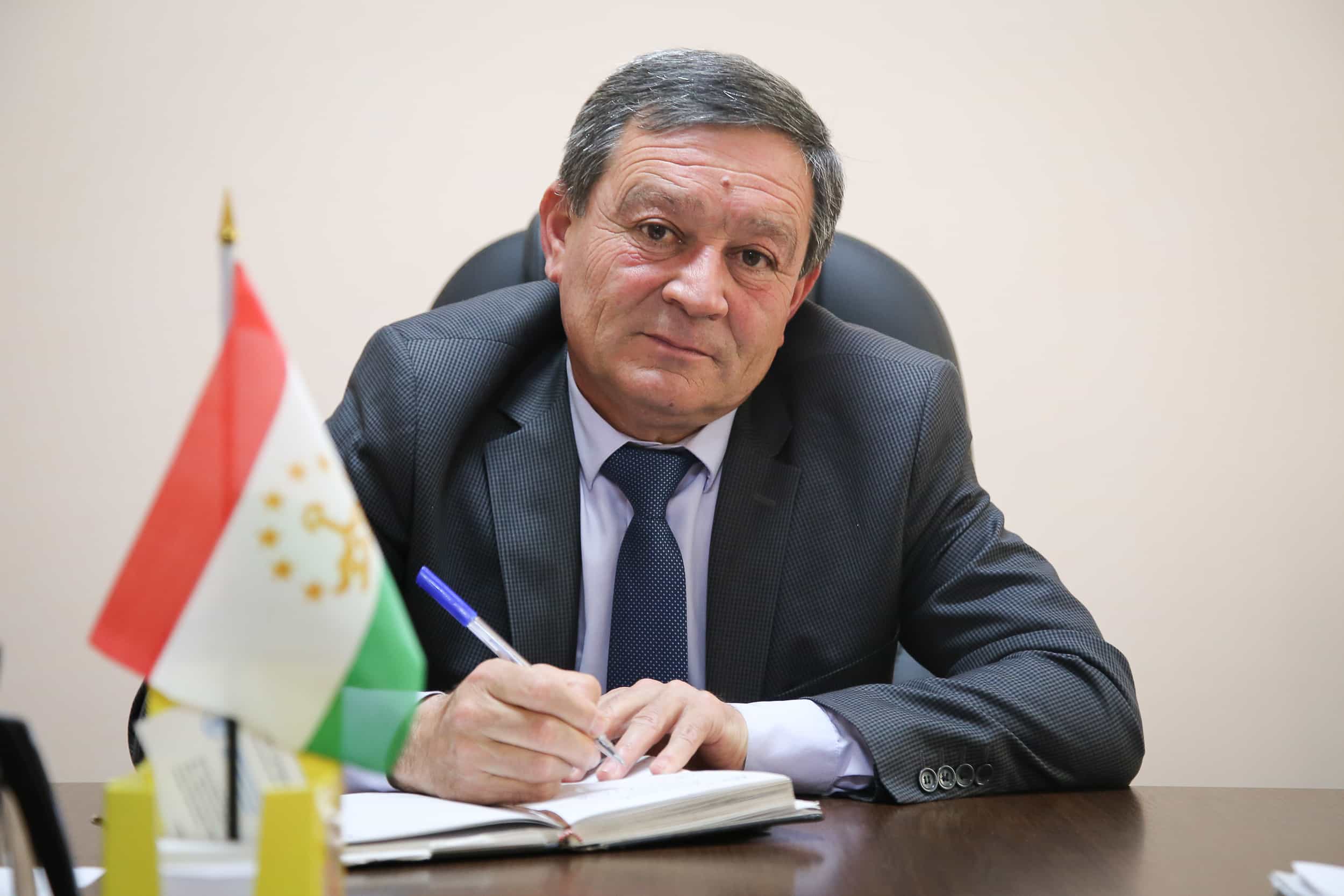
#SmartWatersGrandFinale
#SmartWaters_BehindtheScenes
#SmartWaters_News
One of the main beneficiaries of the USAID-funded Smart Waters project are people, who lives in the project’ targeted basins. They depend on water they receive from these basins and need not only manage it internally, but also know how to keep the dialogue with neighboring countries, sharing the same water. The Small Basin Councils, established under the project are helping them to formalize the negotiation process and increase trust and collaboration. This is why feedback from our very local partners is very important for us - let’s see one of them, provided by the Deputy Mayor of the Tajik’ Isfara city, Mr. Muhidinzoda Muhammadkhucha. Here is what he thinks on the work of the Small Basin Council:
“The Isfara River is used by three countries, and each has his own share and we want to see this share is allocated properly and controlled.
I think the biggest achievement of the Small Basin Council is that it brought people closer together. Thought the project work towards Integrated Water Resources Management we have learned never to forget to value water because it has the same value as oils and gas. Each source has to be protected and valued. Most of our people grow vegetables, and without water they cannot make their living. An integrated approach to water management highlights efficient water use.
Though the project, I have learned that water distribution between countries should be equal. People of different countries in the same basin should be have good relations. All of this is thanks to having this small basin council.”
#USAID/CentralAsia
Text and photo: Petro Kotze for Smart Waters
Smart Waters project is implemented by CAREC with the financial support of the United States Agency for International Development USAID during the period 2015-2020. Overall objective of the project is to enhance regional cooperation on shared water resources. Specifically, Smart Waters addresses the knowledge dis-lock in the region in water sector, builds working relations among water managers and specialists, and demonstrates the potential of the basin management approach and cooperation with the academia.

